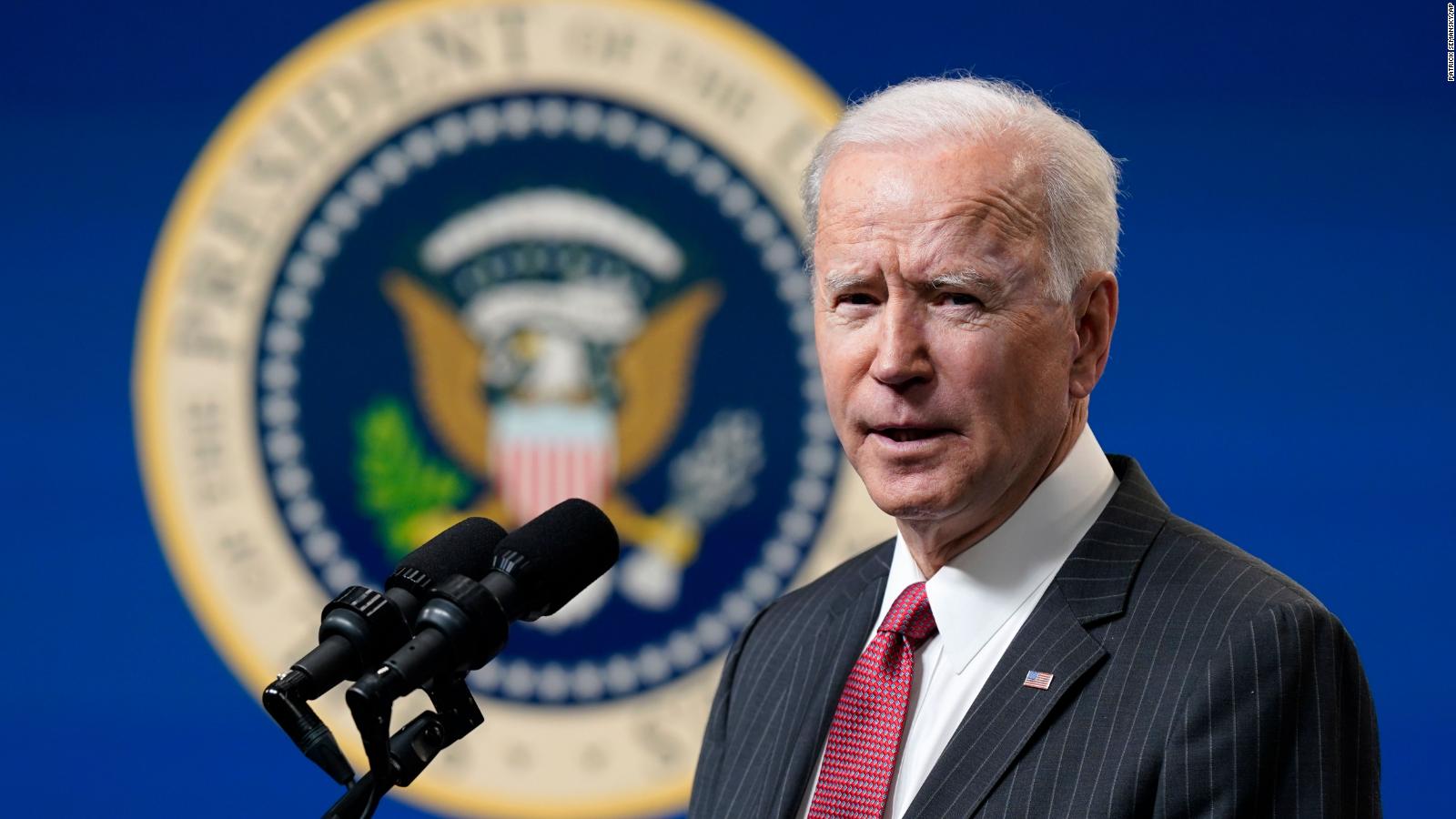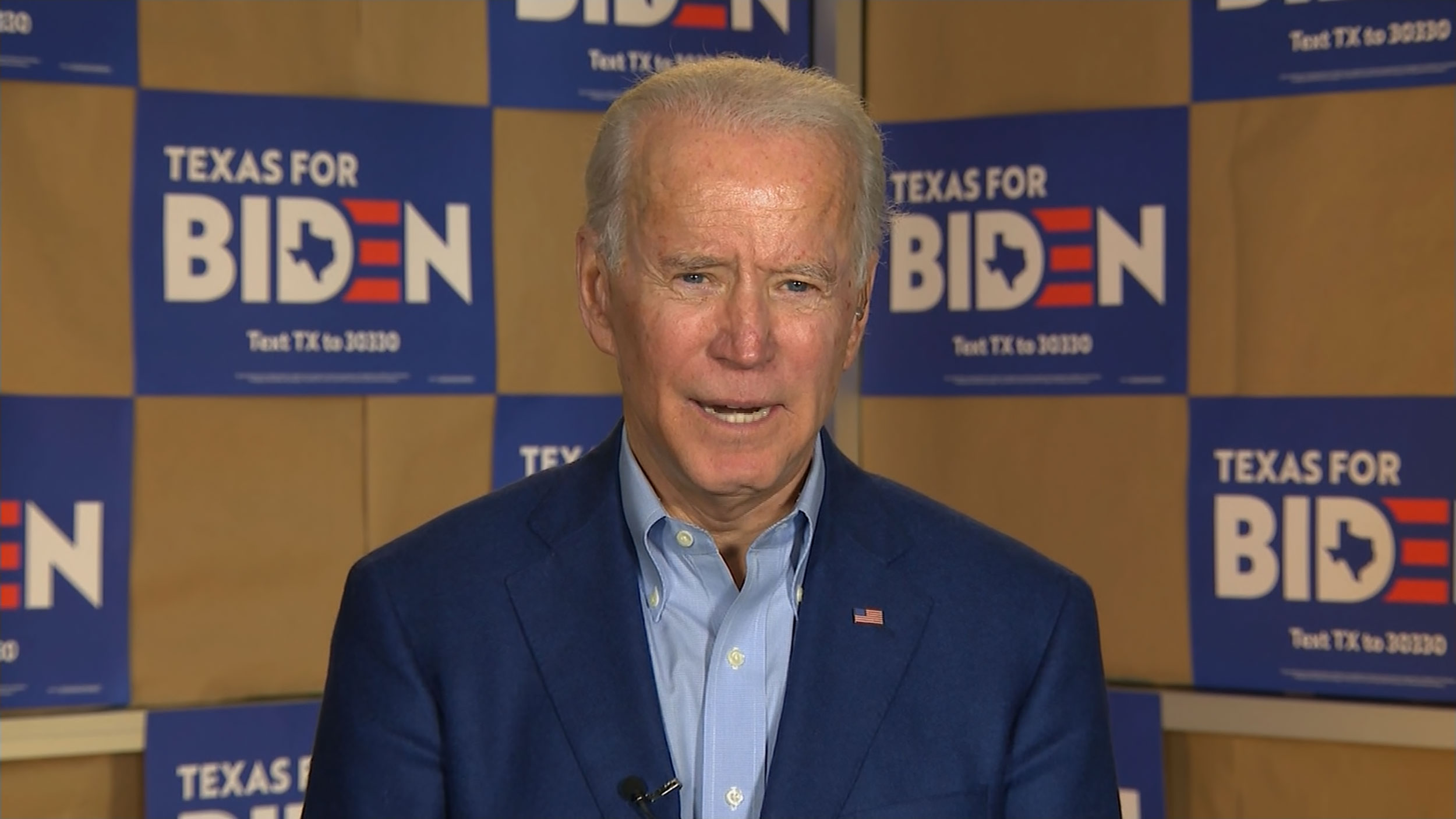Biden’s Economic Policies

Biden interview – President Biden has implemented a series of economic policies aimed at addressing the economic challenges facing the United States. These policies have focused on stimulating economic growth, reducing unemployment, and addressing income inequality.
American Rescue Plan
The American Rescue Plan, passed in March 2021, was a $1.9 trillion economic stimulus package designed to provide relief to individuals, families, and businesses during the COVID-19 pandemic. The plan included direct payments to most Americans, extended unemployment benefits, and provided funding for state and local governments.
The Biden interview highlighted the need for bipartisanship in addressing national challenges. One notable figure who embodies this spirit is Mark Warner , a Democratic senator from Virginia who has worked closely with Republicans on issues ranging from national security to economic development.
His approach serves as a reminder that progress can be made when individuals from different political backgrounds prioritize the well-being of the nation over partisan divides, as Biden emphasized in his interview.
The American Rescue Plan is estimated to have boosted economic growth by 2.5% in 2021 and reduced the unemployment rate by 1.5%. It also helped to reduce poverty and food insecurity.
The recent Biden interview has sparked much discussion, with many weighing in on his performance. One notable figure who has commented is Marco Rubio , a prominent Republican senator. Rubio has been critical of Biden’s handling of various issues, particularly his foreign policy.
However, it remains to be seen whether Rubio’s views will resonate with the wider electorate, as Biden continues to navigate the challenges of his presidency.
Infrastructure Investment and Jobs Act
The Infrastructure Investment and Jobs Act, passed in November 2021, is a $1.2 trillion investment in infrastructure projects, including roads, bridges, public transit, and broadband internet. The plan is intended to create jobs, improve the nation’s infrastructure, and boost economic growth.
The Infrastructure Investment and Jobs Act is expected to create millions of jobs and boost economic growth by 0.5% to 1% per year over the next decade.
Build Back Better Act
The Build Back Better Act, which is still under consideration by Congress, is a $1.75 trillion social spending and climate change bill. The plan includes funding for education, healthcare, and climate change initiatives.
The Build Back Better Act is intended to reduce poverty, improve access to healthcare, and address climate change. It is estimated to cost $1.75 trillion over the next decade and would be funded by tax increases on corporations and wealthy individuals.
Biden’s Foreign Policy: Biden Interview

President Biden’s foreign policy has been characterized by a return to multilateralism and a focus on repairing relationships with allies that were strained during the Trump administration. Biden has also emphasized the importance of addressing global challenges, such as climate change and the COVID-19 pandemic, through international cooperation.
Key Objectives
Biden’s foreign policy objectives include:
- Restoring America’s leadership on the world stage
- Rebuilding alliances and partnerships
- Promoting democracy and human rights
- Addressing global challenges, such as climate change and the COVID-19 pandemic
Specific Foreign Policy Decisions, Biden interview
Some of the specific foreign policy decisions made by Biden include:
- Rejoining the Paris Agreement on climate change
- Revoking the travel ban on citizens from several Muslim-majority countries
- Ending U.S. support for the Saudi-led war in Yemen
- Withdrawing U.S. troops from Afghanistan
Comparison to Previous Administrations
Biden’s foreign policy is a departure from the “America First” approach of the Trump administration. Biden has emphasized the importance of working with allies and partners to address global challenges. He has also been more willing to use diplomacy and multilateral institutions to resolve conflicts.
Biden’s Social Agenda

President Biden has made ambitious promises to address a wide range of social issues, including healthcare, education, and climate change. These initiatives are driven by a desire to create a more just and equitable society, and they have the potential to significantly impact the lives of Americans.
Healthcare
Biden’s healthcare agenda focuses on expanding access to affordable healthcare, reducing the cost of prescription drugs, and improving the quality of care. He has proposed a public option that would allow Americans to buy into a government-run health insurance plan, and he has also called for expanding Medicaid and Medicare.
The motivations behind these initiatives are clear: millions of Americans are uninsured or underinsured, and the cost of healthcare is rising rapidly. Biden’s proposals would help to address these problems and ensure that all Americans have access to quality healthcare.
However, there are a number of challenges to implementing Biden’s healthcare agenda. The most significant challenge is likely to be the cost. Biden’s proposals would require significant new spending, and it is unclear how he will pay for them. Additionally, there is likely to be resistance from the healthcare industry, which has a vested interest in maintaining the status quo.
Education
Biden’s education agenda focuses on making college more affordable, increasing access to early childhood education, and improving the quality of K-12 education. He has proposed a number of initiatives to achieve these goals, including making two years of community college free, increasing funding for Pell Grants, and expanding access to preschool.
The motivations behind these initiatives are also clear: the cost of college has been rising rapidly, making it increasingly difficult for students to afford a higher education. Additionally, there is a growing body of research that shows that early childhood education can have a significant impact on a child’s future success.
As with healthcare, there are a number of challenges to implementing Biden’s education agenda. The most significant challenge is likely to be the cost. Biden’s proposals would require significant new spending, and it is unclear how he will pay for them. Additionally, there is likely to be resistance from some states and school districts, which have a vested interest in maintaining the status quo.
Climate Change
Biden’s climate change agenda is ambitious and far-reaching. He has pledged to make the United States carbon-neutral by 2050, and he has proposed a number of initiatives to achieve this goal, including investing in renewable energy, improving energy efficiency, and planting trees.
The motivations behind these initiatives are clear: the effects of climate change are already being felt around the world, and they are only going to get worse if we do not take action. Biden’s proposals would help to reduce greenhouse gas emissions and mitigate the effects of climate change.
However, there are a number of challenges to implementing Biden’s climate change agenda. The most significant challenge is likely to be the cost. Biden’s proposals would require significant new spending, and it is unclear how he will pay for them. Additionally, there is likely to be resistance from the fossil fuel industry, which has a vested interest in maintaining the status quo.